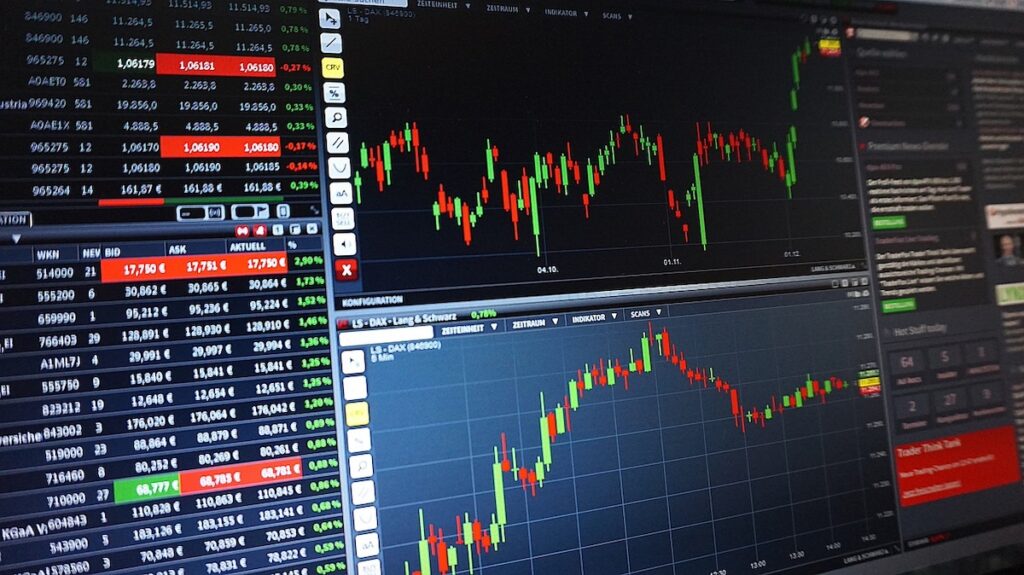Financial planning relies heavily on having the appropriate mix of investable assets. Investable assets are liquid or near-liquid assets that can quickly be converted to cash, such as savings accounts, money market accounts, and retirement accounts. In this post, we will see what are investable assets and understand what are good assets to invest in today.
Table of Contents
What Are Investable Assets?
Cash

Investable assets are an integral component of wealth measurement, accounting only for liquid and near-liquid investments excluding tangible assets like homes, cars, art collections, and jewelry. Financial professionals use investable assets as an accurate reflection of a client’s net worth without including unliquid holdings such as real estate holdings or artwork collections.
Calculating investable assets is easily accomplished by adding all your cash, savings accounts, and investment accounts, less any debts that might exist. Lenders frequently use this as an indicator as to whether you qualify for loans.
An effective investing portfolio begins with having sufficient cash and investable assets, such as money market accounts, short-term government bonds (such as Treasury bills), or commercial paper. Such investments typically offer lower risks with competitive interest rates compared to other asset classes; personal finance software programs like Quicken or Mint can assist you in keeping track of these amounts.
Stocks

Stocks are an investable asset that represents fractional ownership in a company. When you buy shares of an established publicly traded firm, your purchase becomes part of their shareholder ownership structure and may increase in value as they prospers and expand their operations.
Companies often issue stocks to raise capital or finance growth. When a company succeeds, demand often drives up share prices; as investors acquire additional shares.
Tracking investable assets is essential to building wealth over time. By maintaining an appropriate level of investable assets in your arsenal, you can avoid incurring debt while remaining prepared to take advantage of promising investment opportunities when they arise. Tracking is also useful for creating a well-rounded financial portfolio and protecting against economic fluctuations; your investable assets should consist of cash, stocks, and bonds as well as mutual funds.
Bonds
Investable assets provide the financial power that allows you to achieve both short- and long-term goals. By tracking them, you can help ensure you remain financially stable and secure.
To calculate investable assets, start with liquid and near-liquid holdings such as cash in hand, bank accounts with funds held therein, retirement accounts (RRSP, TFSA etc), brokerage accounts containing investments as well as any outstanding debts. Subtract any outstanding liabilities. Keep in mind that physical, tangible assets like your home, automobiles, art pieces or jewelry do not count towards these calculations and should often be excluded.
Corporations may issue bonds to fund capital investment or expansion. These are known as corporate bonds and are taxable. Governments may issue Treasuries – also referred to as T-bills and T-notes (considered the safest type of bond) – in order to finance public projects and infrastructure, while these may also be subject to federal taxes. Lastly, municipalities can issue municipal bonds (known as “munis”). They usually fall under state taxation jurisdiction.
Real Estate

Real estate can outperform other physical assets when it comes to holding its value longer and potentially increasing in value due to rent increases, limited supply, or growing populations. Furthermore, its lower correlation to other asset classes can help mitigate portfolio volatility.
Your investable assets include money in bank accounts such as savings and chequing accounts, along with marketable securities such as stocks, bonds, and mutual funds that you own. Any retirement- or tax-sheltered investments such as RRSPs and TFSAs also count towards this category of investable assets.
Keep this in mind when setting investment goals: A successful investing strategy requires having sufficient firepower to reach them, which means regularly calculating and monitoring your investable assets as your financial picture changes. Avoid short-term gains or losses detracting from long-term planning by keeping focused.
Other investable assets are also good to invest.
- Mutual Funds
- Index Funds
- Exchange Traded Funds (ETFs)
- Annuities
- Derivatives
- Cryptocurrencies

